Postdoctoral Fellows
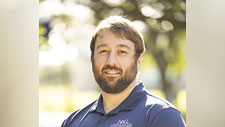
David Cinalli, Ph.D.
Mentor: Randy Blakely, Ph.D.
Email: dcinalli2013@fau.edu
As a postdoctoral fellow focused in community outreach and engagement, Cinalli’s focus is on educational programs in neuroscience for middle school and high school students. Cinalli is director of the MobileMinds program and leads a team of postdoctoral fellows and graduate and undergraduate students in engaging with students, particularly at Title I schools in underserved communities across Palm Beach County and beyond. The goal of MobileMinds is to inspire the next generation of young scientists and encourage and empower them in their education journey to pursue STEM career pathways.
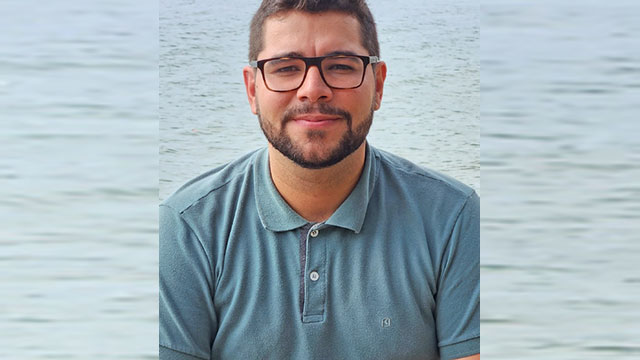
Cassio Loss, Ph.D.
Mentor: Henriette van Praag, Ph.D.
Email:
Cássio Morais Loss, Ph.D., is a postdoctoral fellow at Florida Atlantic Stiles-Nicholson Brain Institute in the lab of Henriette van Praag, Ph.D., an associate professor, Charles E. Schmidt College of Medicine.
A native of Brazil, Loss earned his doctorate in biological sciences from the Universidade Federal do Rio Grande do Sul. His current research focuses on how neurogenesis, spontaneous or induced by physical activity, in the adult rodent brain affects cognitive behaviors.
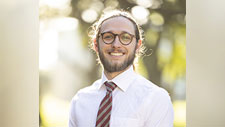
Dan Nemeth, Ph.D.
Mentor: Ning Quan, Ph.D.
Email: nemethd@fau.edu
Nemeth is a postdoctoral fellow in the lab of Ning Quan, Ph.D., in Florida Atlantic’s Schmidt College of Medicine. Nemeth received his doctorate from The Ohio State University (OSU) where he researched unique and cell-type specific signaling pathways associated with prolonged infection and persistent neuroinflammation. At OSU, he focused his research on how the immune receptor, Interleukin-1 Receptor (IL-1R1), contributes to the bicellular communication between brain vasculature and resident immune cell of the brain, microglia, during prolonged inflammation. Nemeth’s current research utilizes transgenic mouse models created by the Quan lab to discover the function of neuronal IL-1R1 and to understand the contribution of IL-1R1 signaling in epilepsy.
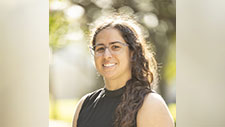
Alexandra “Aly” Paz, Ph.D.
Mentor: Nicole Baganz, Ph.D.
Email: paza2018@fau.edu
Alexandra “Aly” Paz is a postdoctoral fellow working with the Advancing STEM-Community Engagement through Neuroscience Discovery (ASCEND) program at Florida Atlantic Stiles-Nicholson Brain Institute. Paz earned her doctorate in Integrative Biology in Neuroscience from Florida Atlantic University. Her interest in neuroscience stems from a curiosity about the connection between neurological processes and animal behavior. Paz discovered her passion for neuroscience education while volunteering for the ASCEND program. Now a full-time member of the ASCEND team, Paz supports the program’s communication and community outreach efforts, unraveling the complexities of neuroscience to inspire young people to take an interest in STEM.
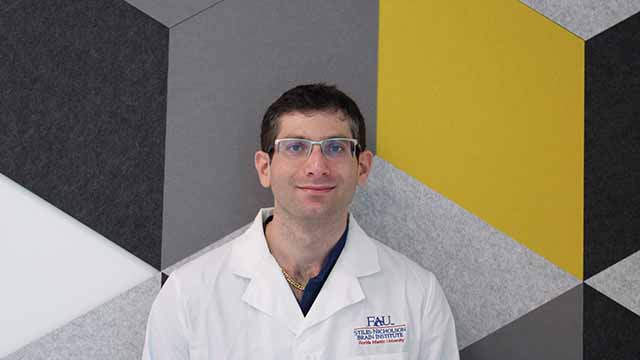
Matthew S. Schrier, Ph.D.
Mentor: Ning Quan, Ph.D.
Email: mschrier@health.fau.edu
Schrier is interested in how serotonin uptake is modified by inflammation in models of depression and fatigue. Increasing extracellular serotonin levels in the brain is believed to initiate the effects of many antidepressants. Schrier’s research seeks to elucidate the contribution of various brain cell types (particularly glial cells) in regulating extracellular serotonin in response to pro-inflammatory mediators, such as the cytokine interleukin-1. He also aims to understand the mechanisms by which this may occur.
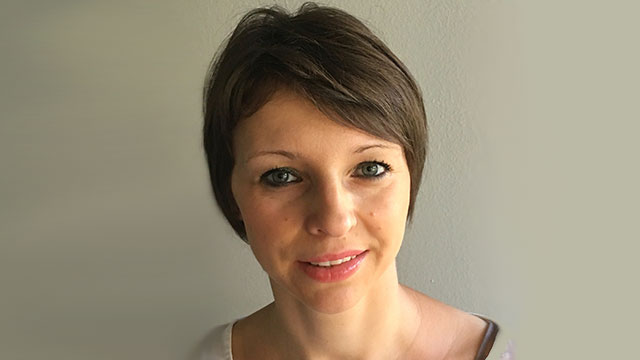
Katarzyna Targowska-Duda, Ph.D.
Mentor: Larry Toll, Ph.D.
Email: ktargowskaduda@health.fau.edu
Targowska-Duda’s research focuses on the role of Nociceptin Opioid (NOP) and nicotinic receptors in migraine. Using a nitroglycerin mouse model of migraine, she can effectively mimic symptoms observed in migraineurs. Targowska-Duda is focusing on the evaluation of NOP and nicotinic ligands effects on parameters of sensory (sensitivity of paw) and affective (conditioned place avoidance) migraine pain as well as light aversion in mice. She is also interested in elucidating the function of these receptors in the microglia system in trigeminal ganglion and trigeminal nucleus caudalis under acute and chronic migraine conditions. Her two-year postdoctoral position at the lab of Larry Toll, Ph.D., is funded by the Polish Ministry of Science and Higher Education grant "Mobility Plus"(1662/1/MOB/V/17/2018/0).
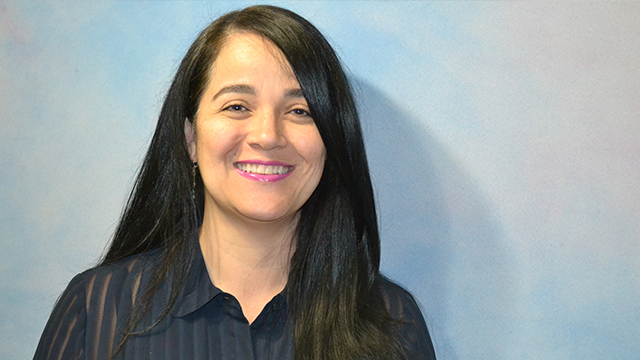
Idaly Velez-Uribe, Ph.D.
Mentor: Monica Rosselli, Ph.D.
Email: ivelezur@fau.edu
Velez-Uribe works with Monica Rosselli, Ph.D., to collaborate with the 1FloridaADRC (https://1floridaadrc.org), one of the National Institutes of Health’s (NIH) Alzheimer's Disease Research Centers (ADRC). Her research focus is to explore methods to evaluate and diagnose individuals from diverse cultural backgrounds in a sensitive manner, including cognitively normal individuals and those presenting early signs of neurodegenerative diseases, to find effective methods for early diagnosis treatment. This framework emphasizes the role of cultural factors, quality and level of education, and language experience (i.e., bilingualism) in assessments and interventions on the progression of abnormal aging in culturally and ethnically diverse samples, including the complex interplay between bilingualism, cultural factors, cognitive decline and biological markers of neurodegeneration.